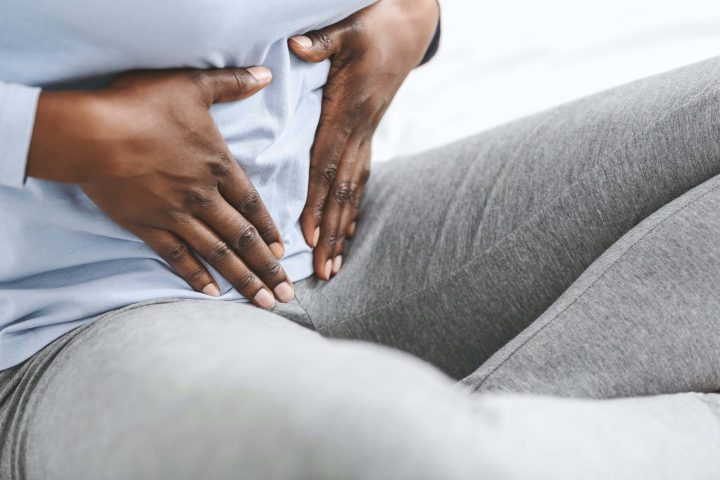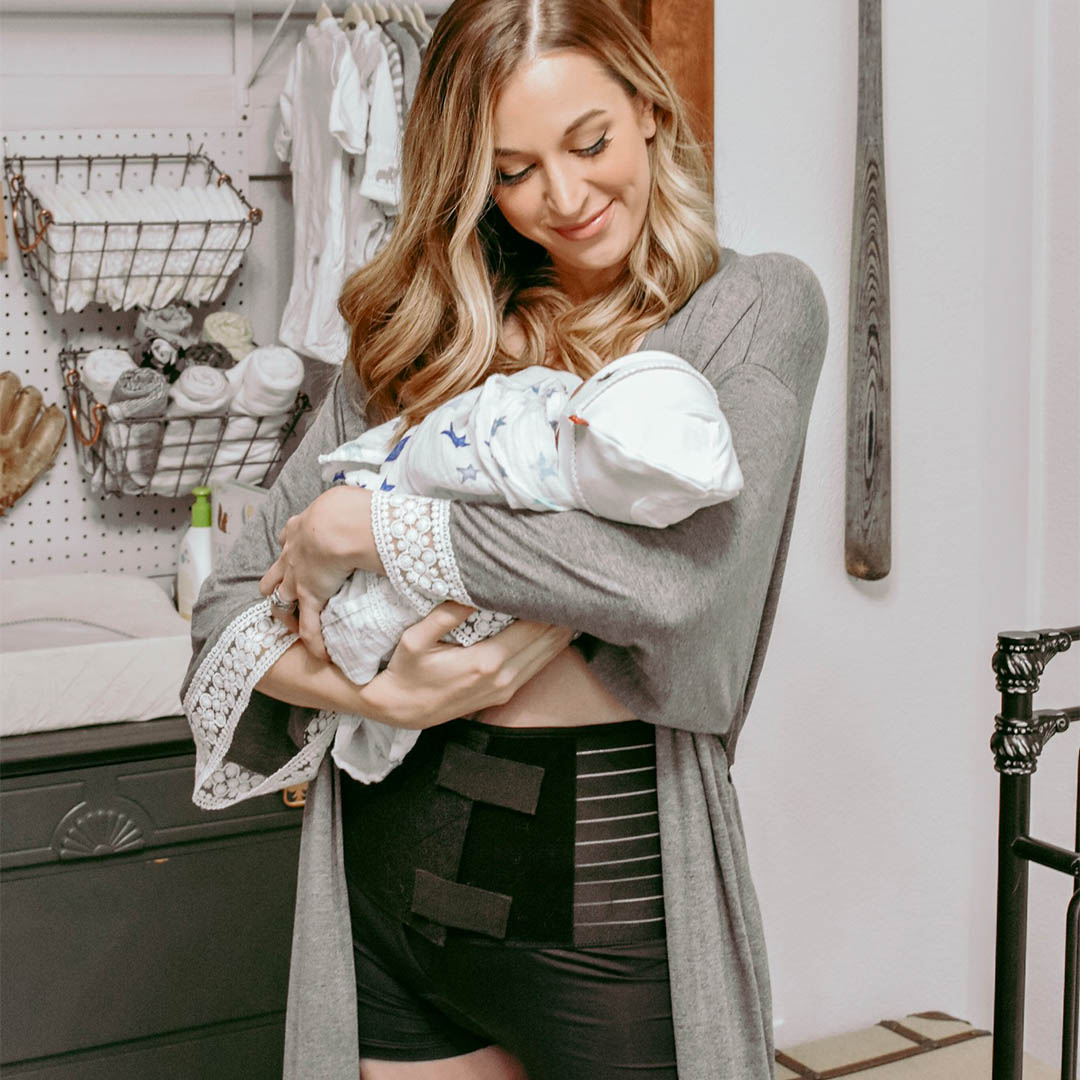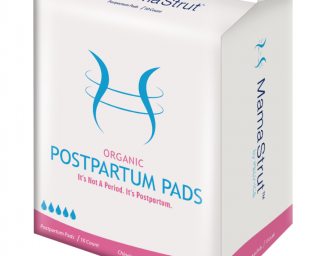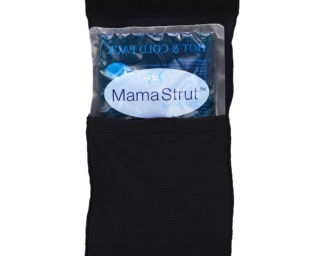Planned or unplanned, a cesarean surgery can leave a lot of women and their partners in the dark on how best to recover from their major surgery. Like we mentioned in our previous newsletter about c-section births, the risk and recovery is like that of any major surgery, and there can be some emotional trauma to the mother as well when an emergency during the birth necessitates surgery. Undeniably, there’s an idealized version of what giving birth is “supposed” to look like; a fresh faced new mom who’s glowing with her beautiful newborn. No doubt you’ve spent a lot of time researching and putting together your own birth plan, only to have to toss it out the window when complications arise. Just remember, there’s no perfect way of having your baby, just what is right for you.
But information is power! Almost 30% of births are through cesarean, so being prepared gives you agency, which positively impacts your physical and emotional recovery.
First, the recovery will take longer. This is frustrating when you want to be spending as much time as possible with your baby, but anesthesia and surgery requires a lot of rest to heal your body. General anesthesia, the kind where you’re made unconscious, isn’t as widely used for c-sections as it used to be, so most mom’s are able to see their baby right away. (For the more adventurous parent, a mirror can also be angled above the surgery for you to be able to see what’s happening.)
Sometimes you can have the baby brought into your recovery room right away, and even breastfeed, but often the surgical drugs slow down hormones a bit and breastfeeding can take a little time and patience. Feeding with the incision can take some creative maneuvering to feel comfortable, using the “football” method of holding your baby is common, but if you’re still having issues talk to your doctor or a lactation consultant for some tips.
Most women can expect to stay in the hospital for 3-4 days after surgery to monitor for any immediate complications like blood clots or hemorrhaging. Walking around the hospital the day after can help prevent this, as well as help get your bowels back online. Surgical drugs and use of a catheter also slow down this function, and a stool softener might be recommended so you don’t put pressure and strain on your body.
Once you are home, setting yourself up for ease of comfort is important. Putting all necessary items close by prevents you from having to get up too often, as you’ll still need to rest your body. Most doctors recommend not lifting anything heavier than your baby (around 13 lbs) for a couple weeks. This means getting family or friends to help with baby and house work! Your postpartum support system will be needed now more than ever, so make sure you’re talking to loved ones now about how they can lend a hand in your recovery.
Your recovery will also depend on understanding your pain management options. The only safe options if you’re breastfeeding are ibuprofen and acetaminophen. Narcotics like morphine or oxycodone should not be taken if you are planning on breastfeeding, but that doesn’t mean you have to forgo pain medication altogether. All drug guidelines should be followed for your own safety. If you don’t breastfeed and are taking a narcotic medication, don’t drive! In fact, until your wound has healed driving in general is not recommended until you can turn and check for other cars without terrible pain. Your doctor may also suggest heat be applied to the incision (such as a heating pad) to help soothe your muscles.
Something that may come as a surprise to you in your c-section postpartum journey, is how similar it can be to vaginal delivery. Remember you’re still recovering from being pregnant as well. Things like vaginal discharge and contractions (or after-pains) are normal as your hormone levels change and body adjusts to not being pregnant anymore. In addition to the normal postpartum changes you’ll experience, being on the lookout for depression, infection, wound irritation, and irregular swelling in arms and legs is crucial to preventing serious health complications.
Like the recommended well-woman 3-week checkup, a visit to the doctor should happen no later than 2 weeks after surgery where they’ll check the incision and any other health concerns. Arm yourself with information and questions to bring to your doctor, be honest with how your recovery is going, and advocate for your health!
And wait about 6 weeks before having sex 😉
 Get a FREE postpartum & lactation probiotic sample with any brace!
Get a FREE postpartum & lactation probiotic sample with any brace!






